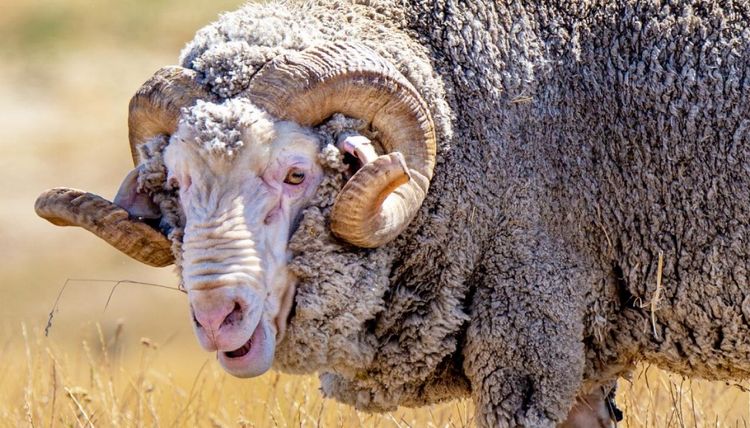Animal expert explains why rams attack, dangers of being cornered

An animal expert has revealed why rams attack humans and the dangers of being cornered by a breed that's "designed to fight".
It comes after a suspected ram attack took place in west Auckland, and two bodies were discovered in a paddock on Thursday morning.
The bodies were those of a couple in their 80s, according to police.
Animal behaviourist Mark Vette has worked with animals, including livestock, for more than 50 years and says rams are known to violently attack.
"Most people who have farmed at some stage would have had a ram that you've got to be careful of. If you turn your back on them, they'll have a bit of a crack at you at times," he told Newshub.
However, he said although the attacks are violent, they "aren't normally bad enough to the point where someone's getting killed".
"It would be a very rare occasion for a ram to injure someone to that level, but where you can get knocked over and hurt is usually common," Vette said.
"Getting smashed up against a wall or something, and them hitting you hard with their head, could definitely cause some serious injuries. They are a really powerful animal, so being charged at three or four times would be significant."
He described rams as "big animals that have very hard heads".
"It's common to get these rogue rams that either have testosterone that is just really high, or if they haven't socialised with humans much at all."
Vette said the dangers of the ram attacking often come down to the breed and whether it has curly horns, or stud horns.
However, he explained that even without horns, the rams have a "very, very powerful hit".
"The base of the horns are still there effectively, even if they don't have visual horns," Vette said.
He believes when it comes to ram attacks, humans aren't designed to take that sort of impact, while "rams are designed to fight".
"There's a reason why farmers often use dogs - they use that technique to move them without having to get in and literally be in there with them," Vette said.
"If you do get in a contained space with them, it's certainly much riskier, and any big livestock could do some serious damage if they are behaving independently."
"Once you get them on their own, they don't behave like they do in a flock, and they'll certainly have a crack back as soon as they feel threatened," he said.
"Their attack method is often to go up on their hind legs, and they've got hits and physiology that allows them to take huge impact where they often hit each other at high velocity. They can withstand that because they've evolved to be able to do that."
Vette compared the firmness of a ram's head to a brick or piece of concrete.
"If you are cornered by them, that's frightening but it's not life-threatening normally because you can get out over the fence or you can get away."
However, he said it can be a real challenge for those who aren't "strong and able".
Vette reflected on his own experience of being hit by a ram.
"It was painful. Imagine a big football player running straight at you with a solid object and slamming you against the wall," he said.
"It's similar to that, these animals weigh between 100 kg and 150 kg."
"They are huge, they are designed to fight with other males, and they stay low to the ground."
"Another ram could take that brunt to the head, but a human body isn't designed to take that type of impact and particularly an old fragile body."









































